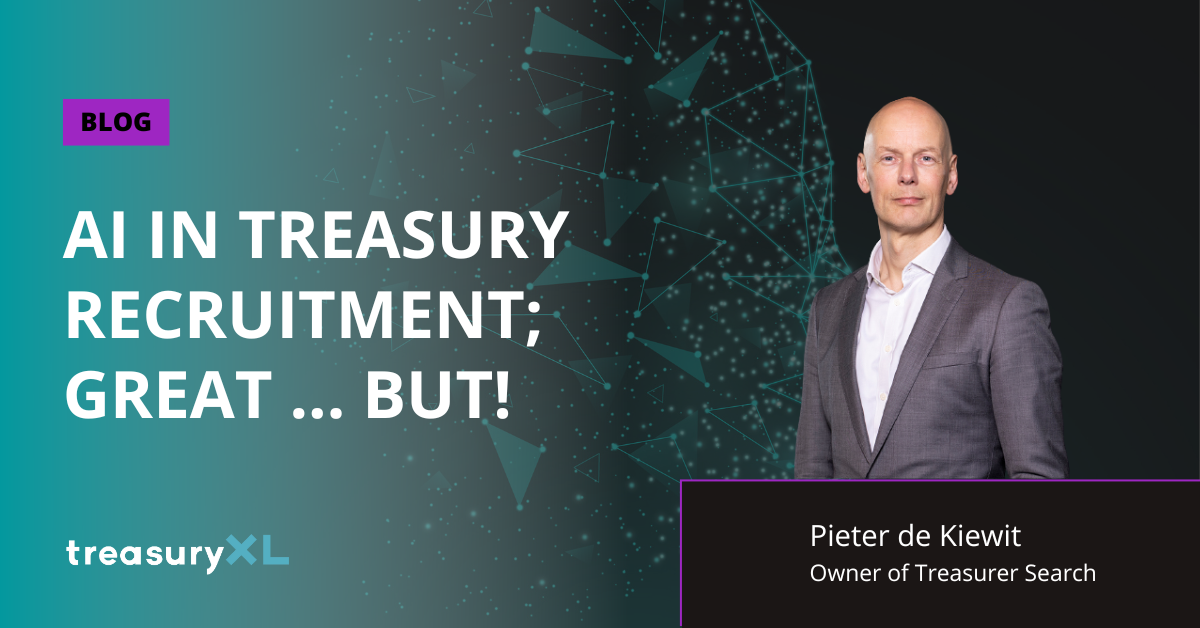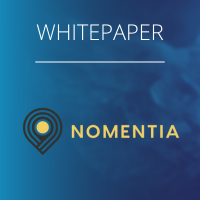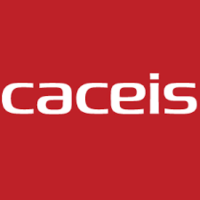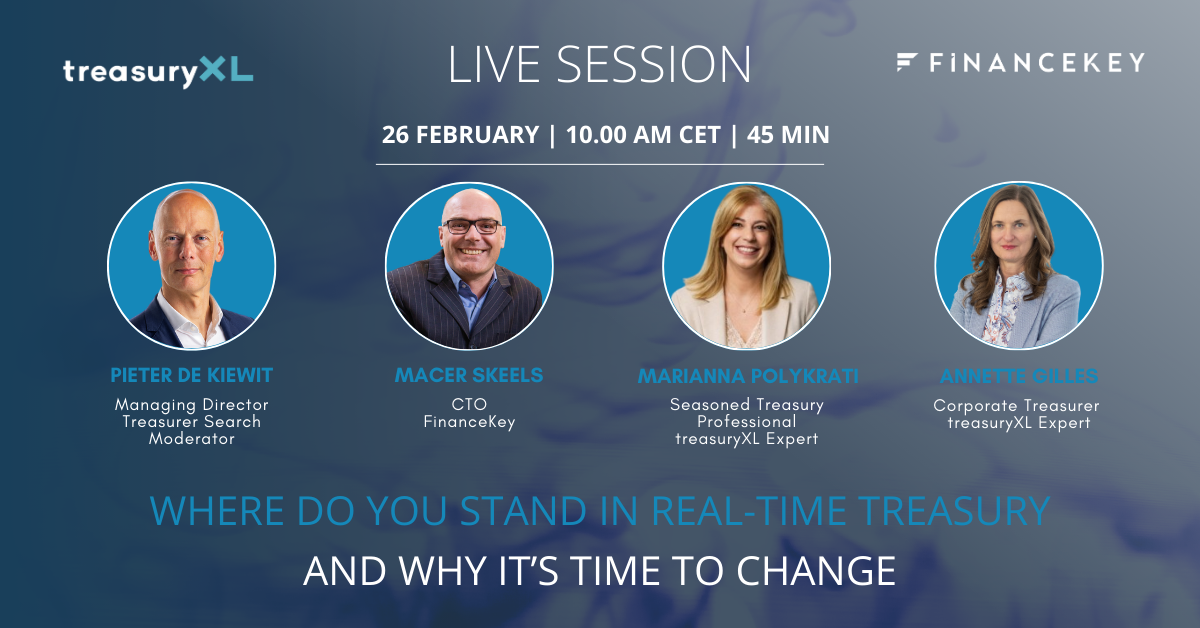Also we are smitten by how great ChatGPT is and are discovering the various applications in our work. We only scratched the surface I think. Without pretending to be experts there are two practical and ethical aspects we think you should know and think about. The first is the built-in bias AI tools have, the other is the human factor that is a must in finding each other.
AI tools in recruitment
Even before ChatGPT there were various tools that can help you list “the best candidates” from various data sources. The issue here is how the benchmark is defined. One could, for example, state that the one with the highest salary or the steepest career line is the best. In this constantly changing world that is already dubious. On top of this, we all know that in the past more than today, candidate selection was done from old-boy-networks and less merit-driven. If we, without thinking, apply AI tools in the selection, we stick with the white guys from the Ivy League universities.
Dealbreaker of ChatGPT
The second aspect we want to bring forward is how AI can influence the process of finding each other. We all know that automated messaging like chat boxes is getting better at communicating. When getting to the finish line, the potential employee will see the reality that was so nicely gift-wrapped in shiny ChatGPT texts. If the delta between the message and reality is too wide, the match will not be made. And if the communication in content and/or style is not consistent throughout the process, the potential employee will feel this is non-authentic. This is almost always a dealbreaker.
Our solution is not scientific: use common sense when describing the ideal candidate, know-how searches are done and if you outsource communication, know how this is done. When used properly, AI will help you find the better candidate or position, easier and quicker. Later this year we will inform you about a webinar with experts on the ethical application of AI tools, we hope to see you there.
Team Treasurer Search














